Face-to-face asking is powerful because when two people communicate in person it creates a level of empathy that is rarely developed otherwise. When we’re in each other’s company we’re more inclined to want to be seen as good, and to see the good in others. And that makes us more willing to help the other.
As Anne Loehr points out in her terrific post, we all have the capacity for empathy. While our levels of innate capacity might vary, with practice we can all increase our empathy for others.
Listen and Don’t Interrupt
Number one on her practice list is “Listen and Don’t Interrupt.” What better advice could there be for a fundraiser, right? Our power lies in our ability to listen, and to learn from what we hear.
Do you listen to learn…or do you listen to respond? Think about that for a minute. Are you always focused on getting your next thought out? Take a breath. Whatever you have to say is probably not as important as what you can learn about your donor by listening.
Listening is a skill you can hone. And it’s a skill that uses the eyes and the mind as much as the ears. What is your donor saying and what, perhaps more importantly, is being left unsaid? What is your donor’s body language? Does your donor seem comfortable? Is she leaning in? Or sitting back with her arms crossed? Are you both smiling at times?
The next time you’re with a donor, pick something to work on. Perhaps listen more closely for what’s not being said. Perhaps pay special attention to your donor’s tone of voice. Or her body language. And see what you learn.



 like us on facebook
like us on facebook follow us on twitter
follow us on twitter connect on linkedin
connect on linkedin


